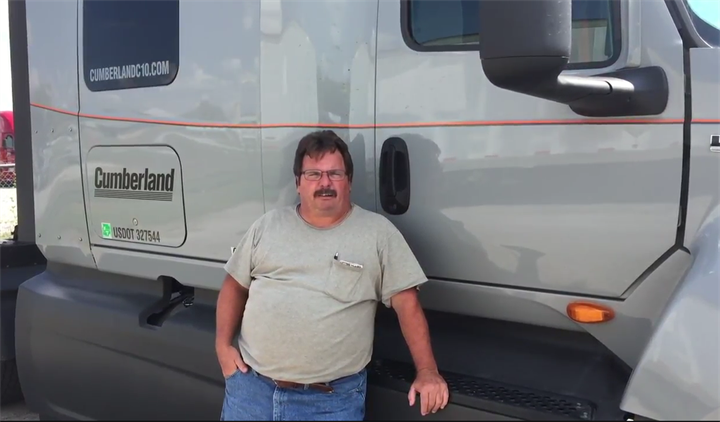Gauging the Tech that Will Drive the Future of Trucking
Volvo's Lars Stenqvist says the technologies set to most potently change trucking are connectivity, electromobility and automation. Photo: David Cullen
">Volvo's Lars Stenqvist says the technologies set to most potently change trucking are connectivity, electromobility and automation. Photo: David Cullen
">Lars Stenqvist sees the potential for a chicken-or-egg dynamic to slow down how quickly smart trucks and smart highways can be integrated to fully leverage their potential to boost trucking efficiency.
Stenqvist, appointed executive Vice President of Volvo Group Trucks Technology and chief technology officer of Volvo Group last year, held a roundtable discussion on technology and trucking with industry editors on Sept. 18 at the Swedish embassy in Washington, DC.
An industrial engineer by training, Stenqvist's prior experience includes a stint as head of Research & Development and CTO of Volkswagen Truck and Bus. Before that, he held a range of R&D, production, and engineering executive positions with truck maker Scania, which is owned by VW.
Stenqvist said the three technologies that have the greatest potential to change trucking are data connectivity, electric power and autonomous driving. He pointed out that even though each of these are being developed independently to a large degree, their real power will be realized when the three converge to benefit trucking and overall society by increasing highway safety, reducing congestion, and enhancing the quality of life.
“I don't know what the future will look like,” Stenqvist said, “but I have a clear view of where it's headed.” He explained that what will really drive trucking forward will be the work that enables both smart trucks and a “smart infrastructure” to work hand-in-glove.
He did allow, however, that there is a danger that research and development work as well as the practical engineering of “smart” solutions could be hampered if transport operators, industry suppliers and government agencies get too hung up on the “chicken vs. the egg— that is do they build the smart truck ...Read the rest of this story








